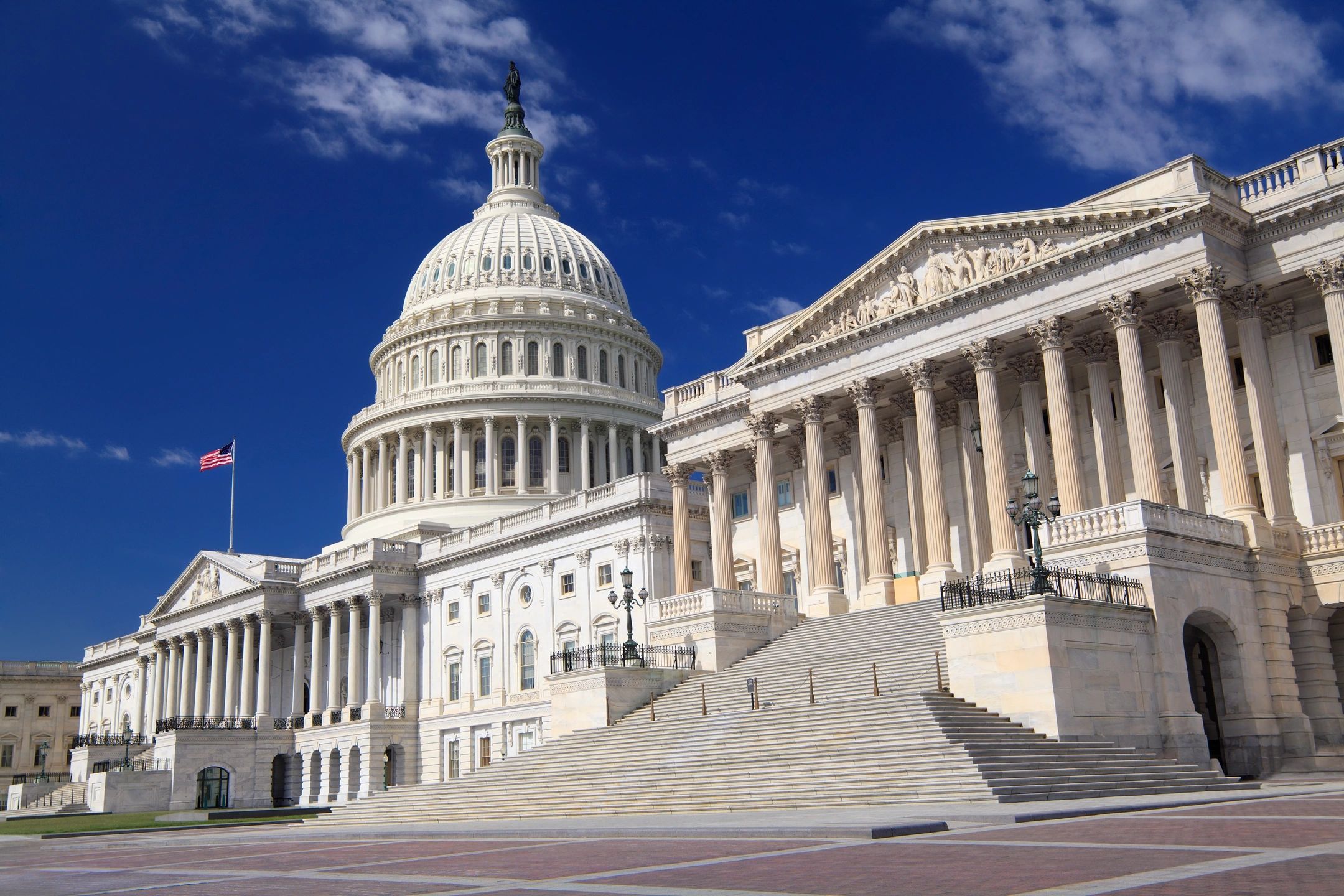Possible Democrat presidential nominee, Kamala Harris, recently tweeted the following: “Children are our nation’s future. We must listen to them about what they care about and give them a voice in our government.” I am sure Harris didn’t mean that children’s opinions should the the basis for actual policy, but her words betray an increasingly common view of the opinions of youth: that their importance ought to be elevated.
Children are our nation’s future. We must listen to them about what they care about and give them a voice in our government.
pic.twitter.com/buBBTj1MNc— Kamala Harris (@KamalaHarris) August 24, 2017
Harris’ sentiment is not new. I heard this kind of thing all the time when I worked in youth ministry in the UK. I even expressed something like it myself. “You are the generation that will change the world!” we told them.
Children can indeed be amazing. But sometimes this leads to the idea that they would do a better job than most adults if given half a chance. After all, as Orwell remarked, from a child’s point of view, “all who have passed the age of thirty are joyless grotesques, endlessly fussing about things of no importance and staying alive without, so far as the child can see, having anything to live for.” Marx was similarly enamored with the idealism of youth. Their purity was the secret to revolution.
But should we really think of young people in this way? Is it wisdom to thrust an idealistic young person into power? Are those wrinkles signs of being past it, or are they signs of accumulated wisdom young people would do well to learn from?
King Solomon thought the opposite to Harris. His worldview was, of course, radically different to a modern left-wing politician. Solomon wrote his sayings (proverbs) “To give prudence to the naive,
To the youth knowledge and discretion” (Prov 1:4). ‘Naive’ is often translated, ‘simpleminded’. The wise king obviously thought young people desperately needed wisdom. On the one hand, young people are inexperienced and easily led. On the other, they are uniquely positioned to learn and the most in need of instruction.
One might think that being simple-minded is not wrong; it is just a state of being ready to learn. But Solomon didn’t think of young people as innocents, pre-corrupted goods. Rather, he often spoke of young people in the same way he spoke of the fool. According to Solomon, the fool is one who has no regard for God. He fears him not. Consequently, the fool passes his time in poor company, and often scorns the wisdom of the wise. But surely being young is not foolish. Not yet. But Solomon thought the danger to be present enough to address the young along with the scoffer. Consider Solomon’s picture of Lady Wisdom shouting in the street. This picture tells us that fools are not innocently ignorant. The Lady is everywhere and she is very loud:
Wisdom shouts in the street,
She lifts her voice in the square;
At the head of the noisy streets she cries out;
At the entrance of the gates in the city she utters her sayings: (3:20)
So, what does she have to say? Suprisingly, she addresses the fool and the youth in the same breath:
“How long, O naive ones, will you love being simple-minded?
And scoffers delight themselves in scoffing
And fools hate knowledge?”
In sharp contast to the modern politician vying for the youth vote, there is no compliment on offer, no cliches about being whoever you want to be. Instead, Wisdom warns the young: Listen! Don’t be like the fool, or worse, like the scoffer. Instead she tells them to repent, hear her message, and begin to live a wise life:
“Turn to my reproof,
Behold, I will pour out my spirit on you;
I will make my words known to you” (3:23)
The difference between Solomon’s worldview and the views of modern secularists is that Solomon knows something about the youth – none are innocent. Instead, he knows that in order to grow wise, a young person must first repent–turn from foolishness–and begin to listen to the wisdom contained in Scripture. In other words, while Harris sees young people as untarnished by the world, Solomon shares no such delusion – young people are fools until made wise.
The job of an adult is not to glorify childhood, painting it as a time of sweet innocence. It is to call children to turn from a foolish, sinful direction and begin to learn from those entrusted with their instruction. This is the urgency of our time: to teach our children to listen to the one who made them, instruct them about their sinful little hearts, bring them into a saving knowledge of the Lord, and teach them how to live a wise, God-honoring life. It is an urgent task because, as Lady Wisdom warns us, there comes a time at which it is too late to listen. She will be silent:
“Because I called and you refused,
I stretched out my hand and no one paid attention;
And you neglected all my counsel
And did not want my reproof;
I will also laugh at your calamity;
I will mock when your dread comes,
When your dread comes like a storm
And your calamity comes like a whirlwind,
When distress and anguish come upon you.
Then they will call on me, but I will not answer;
They will seek me diligently but they will not find me” (3:24-28)
Children may change the world for good, but it wont be as children that they will do it. Unless a child is given wisdom and has the heart to learn from it, whatever change he or she brings won’t be good.



